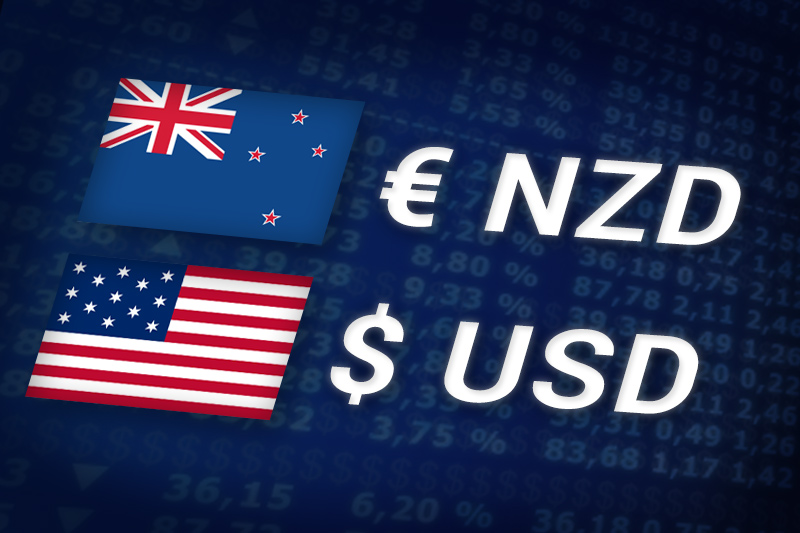Investing.com - The New Zealand dollar eased off a two-day low against its U.S. counterpart on Tuesday, but remained under pressure as the announcement of a new bailout deal for Greece failed to ease concerns over the country’s financial woes.
NZD/USD hit 0.8342 during late Asian trade, the pair’s lowest since February 17; the pair subsequently consolidated at 0.8367, declining 0.38%.
The pair was likely to find support at 0.8317, the low of February 17 and resistance at 0.8420, the high of February 15.
Euro zone finance ministers agreed earlier on a EUR130 billion deal slated to reduce Greece's debt to 120.5% of gross domestic product by 2020 and shield the country from a default.
Private-sector creditors also agreed to take a write-down on their bonds of 53.5%, more than the 50% write-down that had been conceded before the meeting, which is expected to cut Greece's debt by EUR107 billion.
However, investors remained cautious amid uncertainty over Greece’s ability to meet the terms of the deal and pay off even its reduced debt burden.
Also Tuesday, the Reserve Bank of New Zealand said that its inflation expectations fell to 2.5% in the first quarter from 2.8% the previous quarter.
Elsewhere, the kiwi was higher against the Australian dollar with AUD/NZD edging down 0.06%, to hit 1.2796.
Earlier in the day, the Reserve Bank of Australia said in the minutes of its February meeting that it remained willing to ease policy if commodity and raw material demand were to “weaken materially” although it left rates unchanged this month.
NZD/USD hit 0.8342 during late Asian trade, the pair’s lowest since February 17; the pair subsequently consolidated at 0.8367, declining 0.38%.
The pair was likely to find support at 0.8317, the low of February 17 and resistance at 0.8420, the high of February 15.
Euro zone finance ministers agreed earlier on a EUR130 billion deal slated to reduce Greece's debt to 120.5% of gross domestic product by 2020 and shield the country from a default.
Private-sector creditors also agreed to take a write-down on their bonds of 53.5%, more than the 50% write-down that had been conceded before the meeting, which is expected to cut Greece's debt by EUR107 billion.
However, investors remained cautious amid uncertainty over Greece’s ability to meet the terms of the deal and pay off even its reduced debt burden.
Also Tuesday, the Reserve Bank of New Zealand said that its inflation expectations fell to 2.5% in the first quarter from 2.8% the previous quarter.
Elsewhere, the kiwi was higher against the Australian dollar with AUD/NZD edging down 0.06%, to hit 1.2796.
Earlier in the day, the Reserve Bank of Australia said in the minutes of its February meeting that it remained willing to ease policy if commodity and raw material demand were to “weaken materially” although it left rates unchanged this month.
